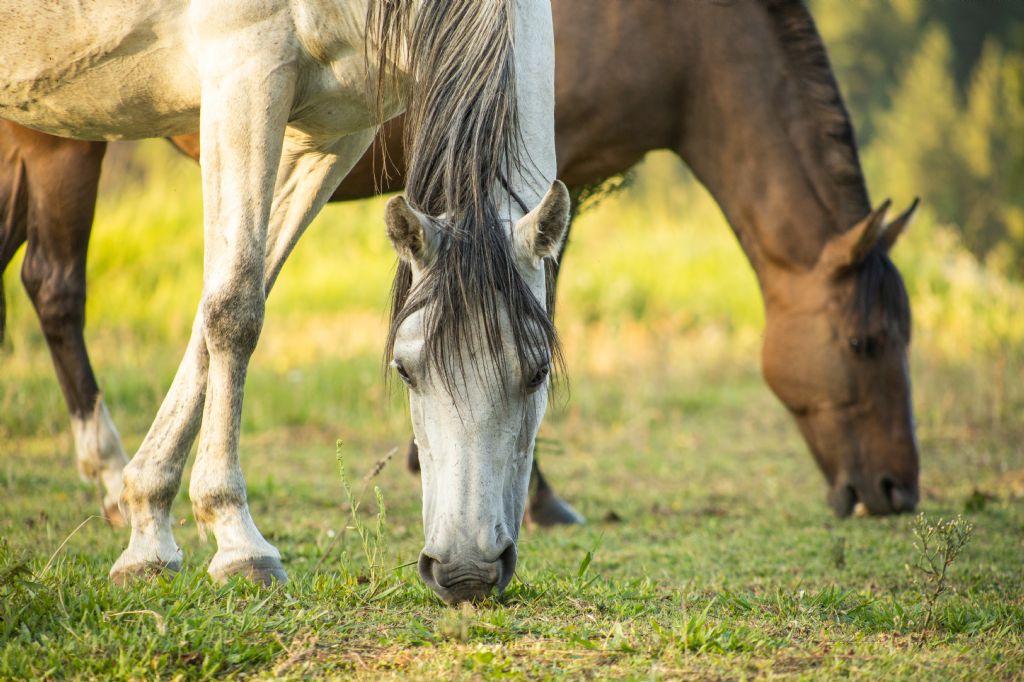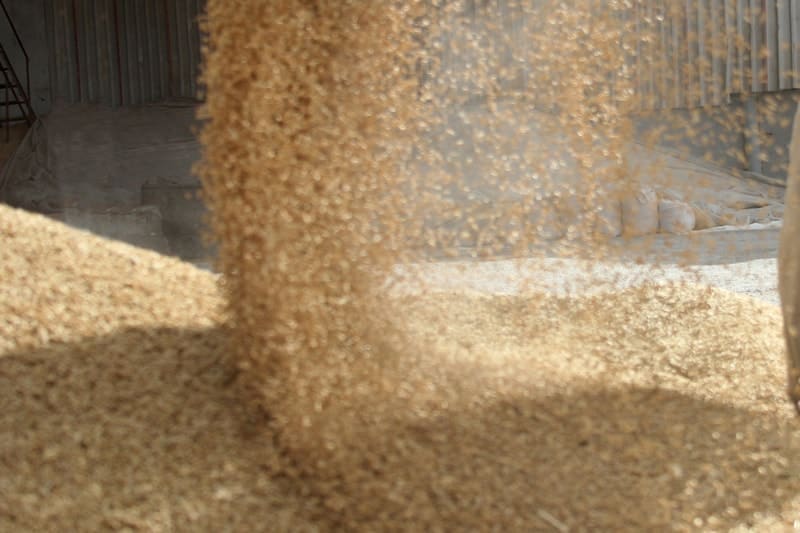Bluegrass News
Returning horses to work after a winter break requires careful planning, particularly when it comes to their nutrition. The winter months often involve periods of rest, lower activity levels, and, in some cases, changes in body condition. Horses will have different needs depending on their current fitness level, weight, and the type of work they are returning to. By addressing these nutritional needs, owners can ensure that their horses are not only physically prepared for work but can perform at their best.
Energy and Body Condition
Horses returning to work after winter may experience fluctuations in body condition. Those that have had limited activity during the break may have gained weight. On the other hand, horses that have been less active but maintained on hay or limited forage might have lost weight or muscle tone. The first step is to assess the horse’s body condition score (BCS) and adjust their feeding plan accordingly.
Overweight horses need a careful, controlled diet to prevent further weight gain while still meeting their nutritional needs. High-fibre forages such as grass hay should form the basis of their diet, while a low calorie concentrate balancer should be offered such as Stamm 30®. For underweight horses, adding a calorie-dense high-fat specialized feed may be necessary to rebuild muscle and energy stores.
Protein and Muscle Repair
As horses return to work, their protein requirements increase, particularly for muscle development and repair. Protein is essential for the rebuilding of muscle tissue that may have been lost during a period of rest. A high-quality protein source, such as a complete feed formulated for performance, will provide the necessary amino acids, especially lysine, which plays a key role in muscle recovery.
The amount of protein required depends on the intensity and duration of the work. Horses in light to moderate work may need around 10-12% protein in their diet, while those engaged in more intense work or competition may require higher protein levels, often upwards of 14-16%.
Hydration and Electrolytes
Hydration is one of the most critical aspects of maintaining health and fitness for a horse in work. Dehydration can quickly impair performance and recovery. During the initial stages of returning to work, horses may sweat more than usual, especially as they are asked to exercise at higher intensities. This leads to a loss of electrolytes such as sodium, potassium, and chloride, which are essential for maintaining fluid balance and muscle function.
To replenish these electrolytes, a balanced electrolyte supplement should be provided, particularly after strenuous workouts.
Gradual Return to Work
Fitness should be gradually reintroduced to avoid overloading the horse’s body. A slow buildup of workload will help prevent injuries, particularly in the tendons, ligaments, and joints, which may have weakened during the winter months. Start with light, low-intensity work, such as walking, before advancing to more strenuous exercise like cantering, jumping, or competition-level work.
It’s also important to allow time for rest and recovery. Structured rest days allow muscles to rebuild, reducing the risk of overtraining and fatigue.
Adjusting Feed for Increased Workloads
As the workload intensifies, a horse’s nutritional needs will change. Horses in moderate to heavy work require additional energy, which may be provided by a specially formulated performance feed.
To ensure that the horse is meeting its nutritional requirements, it’s essential to monitor the horse’s condition regularly and adjust the diet accordingly. This may mean increasing the amount of concentrates or gradually changing the type of feed depending on the horse’s needs.
Returning a horse to work after a winter break involves more than just increasing exercise levels. Nutrition plays a pivotal role in ensuring that horses are able to handle the physical demands of work, recover efficiently, and perform at their best. By gradually reintroducing exercise and adjusting the feeding program to meet increasing energy and protein demands, owners can help their horses build strength and stamina while maintaining overall health. Proper management of hydration and electrolytes, as well as close monitoring of body condition, will help to avoid potential setbacks and keep the horse performing at its peak throughout the season. For those looking to create a tailored diet plan or seeking expert advice on what to feed their horses, please contact the nutritional team at Bluegrass for personalized guidance.







.jpeg)




